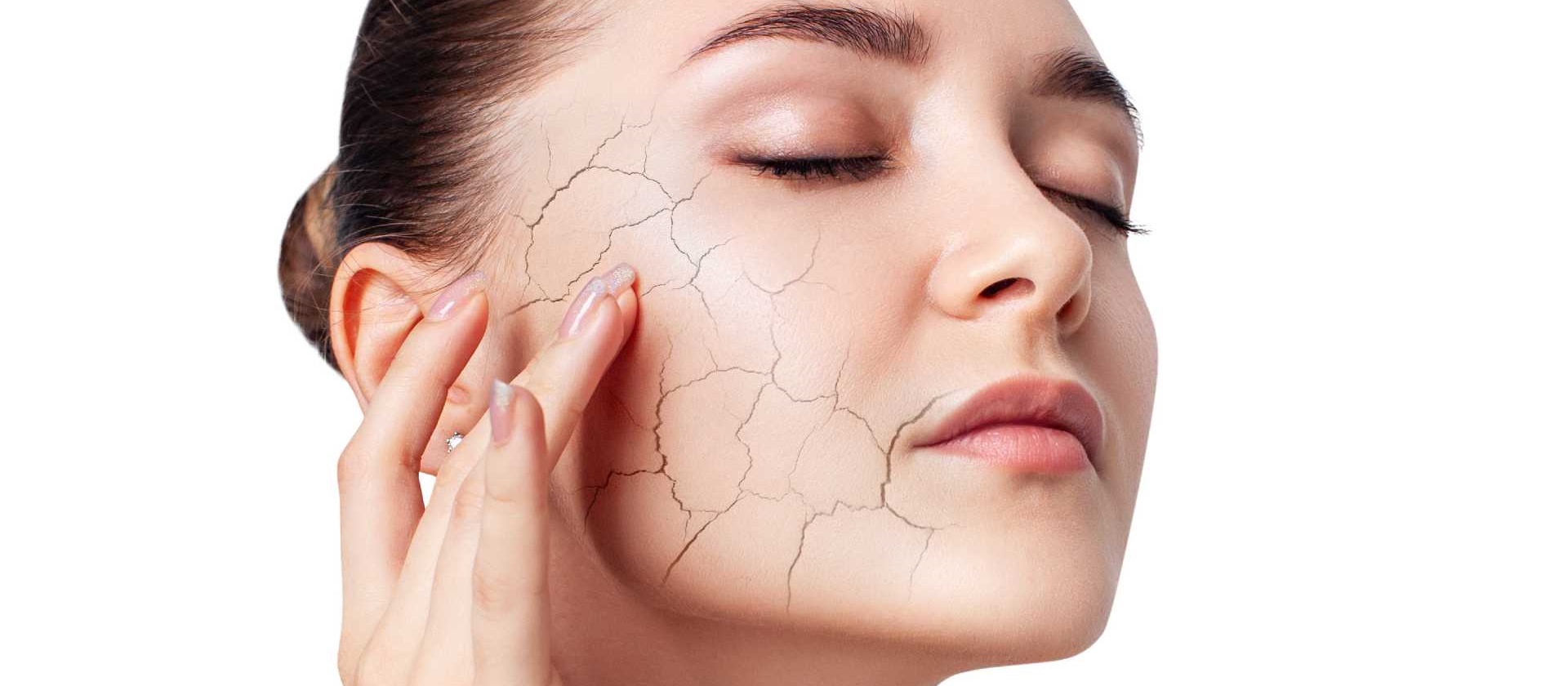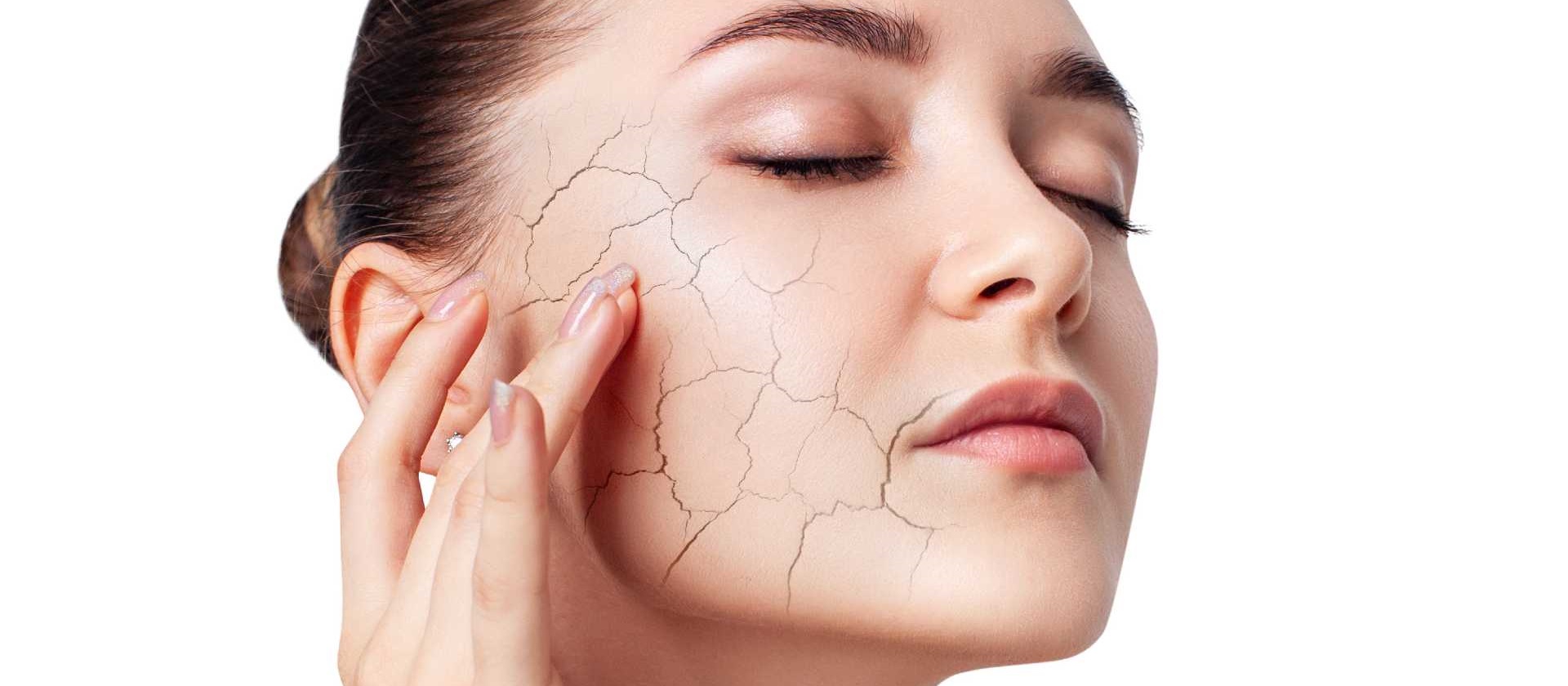Summer is synonymous with sunshine, beach trips, and outdoor fun, but it can also be a challenging season for those with dry skin. The combination of heat, humidity, and sun exposure can exacerbate dryness, leading to discomfort and skin issues. Here are some effective tips to care for dry skin during summer and advice on when it’s time to see a doctor.
1. Hydrate Inside and Out
Staying hydrated is crucial for maintaining healthy skin. Drink plenty of water throughout the day to keep your skin moisturized. Aim for at least eight glasses of water daily, and increase your intake if you’re spending time in the sun or engaging in physical activities.
Externally, use a hydrating serum or moisturizer with hyaluronic acid to lock in moisture. Look for products labeled as non-comedogenic to avoid clogging your pores.
2. Choose the Right Moisturizer
In summer, switch to a lighter, gel-based moisturizer that provides hydration without feeling heavy on the skin. Aloe vera-based products are excellent for summer as they soothe and hydrate the skin. Apply your moisturizer immediately after showering to trap moisture in your skin.
3. Protect Your Skin from the Sun
Sun exposure can worsen dry skin and lead to sunburn, which can cause peeling and further dryness. Use a broad-spectrum sunscreen with an SPF of 30 or higher. Apply it generously 15 minutes before going outside and reapply every two hours or more often if you’re swimming or sweating.
4. Avoid Hot Showers
While it might be tempting to take a hot shower, especially after a day at the beach, hot water can strip your skin of its natural oils, leading to dryness. Opt for lukewarm showers instead and limit your time to 10-15 minutes.
Use a gentle, hydrating cleanser to avoid further drying out your skin. Avoid products with alcohol, fragrances, or harsh chemicals that can irritate your skin.
5. Exfoliate Gently
Exfoliating helps remove dead skin cells, allowing moisturizers to penetrate better. However, over-exfoliating can damage your skin barrier and increase dryness. Use a gentle exfoliant once or twice a week, and follow up with a hydrating moisturizer.
Look for exfoliants with natural ingredients like oatmeal or sugar, which are less likely to irritate dry skin.
6. Wear Protective Clothing
When spending time outdoors, wear protective clothing like wide-brimmed hats, sunglasses, and long-sleeved shirts to shield your skin from the sun. Opt for lightweight, breathable fabrics like cotton that allow your skin to breathe and prevent sweat from irritating your skin.
7. Use a Humidifier
Air conditioning can dry out the air indoors, leading to drier skin. Use a humidifier in your home to maintain moisture in the air. This can help prevent your skin from becoming too dry and keep it hydrated.
8. Eat a Skin-Healthy Diet
What you eat can significantly impact your skin’s health. Incorporate foods rich in omega-3 fatty acids, such as salmon, flaxseeds, and walnuts, which help maintain your skin’s lipid barrier and keep it hydrated.
Additionally, eat plenty of fruits and vegetables high in antioxidants, like berries, spinach, and carrots, to help protect your skin from damage.
When to See a Doctor
While most cases of dry skin can be managed with at-home care, there are times when seeking medical advice is necessary. See a dermatologist if:
- Your skin is persistently dry and itchy despite using moisturizers and following a good skincare routine.
- You notice red, inflamed patches, which could indicate eczema or another skin condition.
- Your skin is cracking or bleeding, as this can lead to infections.
- Over-the-counter treatments aren’t providing relief.
A dermatologist can assess your skin and recommend treatments, such as prescription creams, ointments, or other therapies tailored to your specific condition.
Conclusion
Caring for dry skin in the summer involves a combination of hydration, protection, and gentle skincare practices. Following these tips lets you keep your skin comfortable and healthy even in the hottest months. However, if your dry skin persists or worsens, don’t hesitate to consult a dermatologist for professional advice and treatment. Your skin deserves the best care, so take the necessary steps to maintain its health and glow all summer long.

